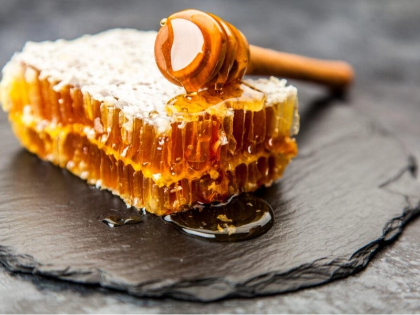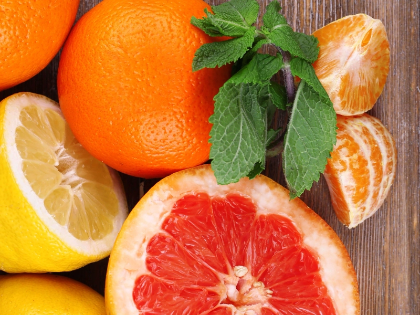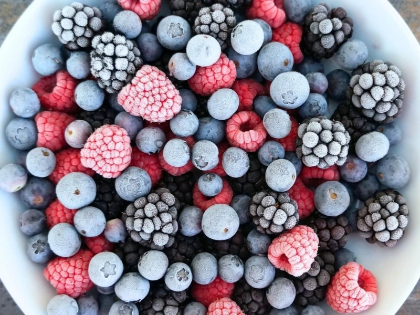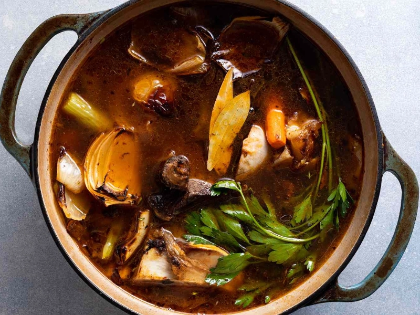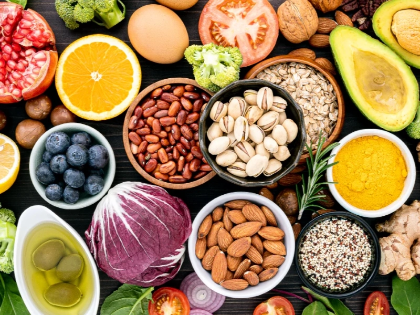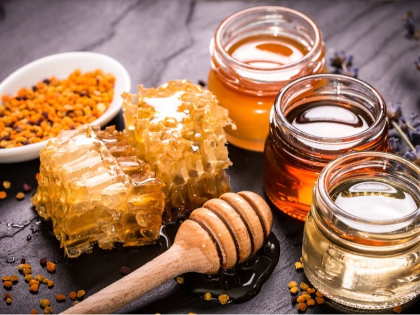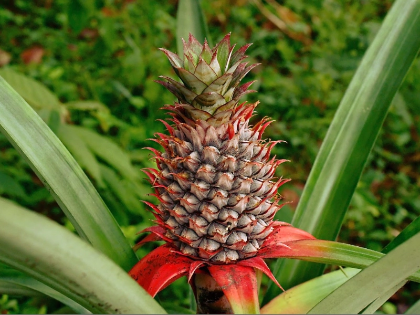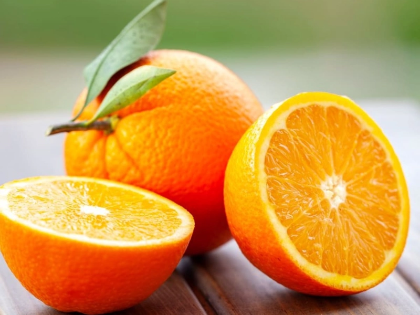The Role of Honey in Traditional Medicine
1. Historical Use of Honey in Medicine
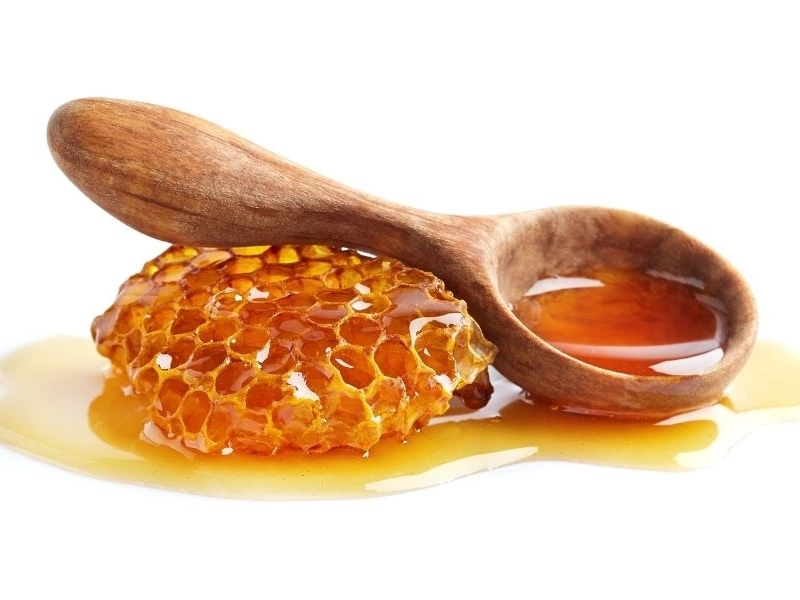 Advertisement
Advertisement
For thousands of years, honey has been used in traditional medicine valued not only for its great flavour but also for its many health advantages. Honey's medicinal qualities were known to ancient societies such the Greeks, Chinese, and Egyptians, who then included it into their treatments. It was frequently used as a natural cure for many diseases, to heal wounds, and to ease coughing. Honey's historical importance in medicine emphasises its continuing worth as a natural cure-agent.
2. Antimicrobial Properties
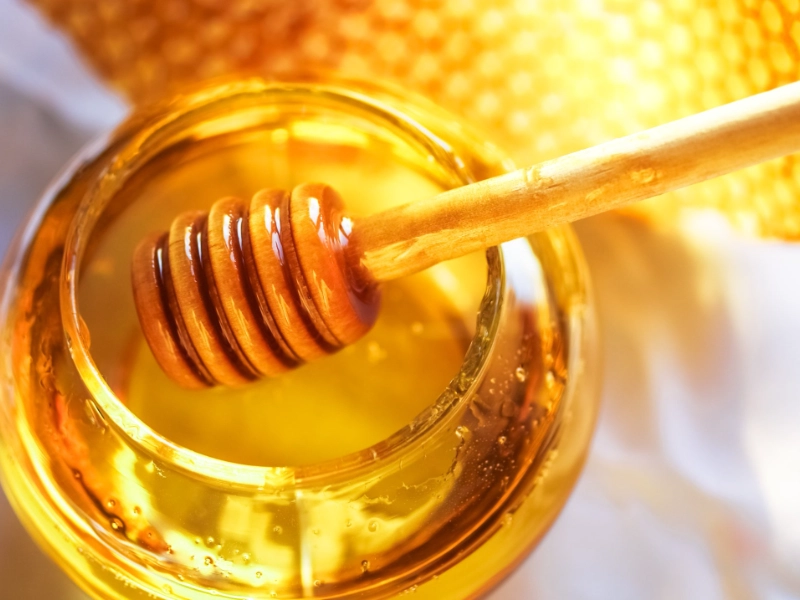
Honey's potent antibacterial qualities are among its most important uses in conventional medicine. Honey includes hydrogen peroxide, created during bee conversion of nectar. Honey is a great cure for wounds and infections since its natural chemical helps stop the development of fungus and bacteria. Honey was sometimes used by traditional healers to treat burns and injuries, therefore fostering healing and preventing infection. Its capacity to produce a moist environment also helps in tissue regeneration, so improving its therapeutic results.
3. Soothing Sore Throats and Coughs
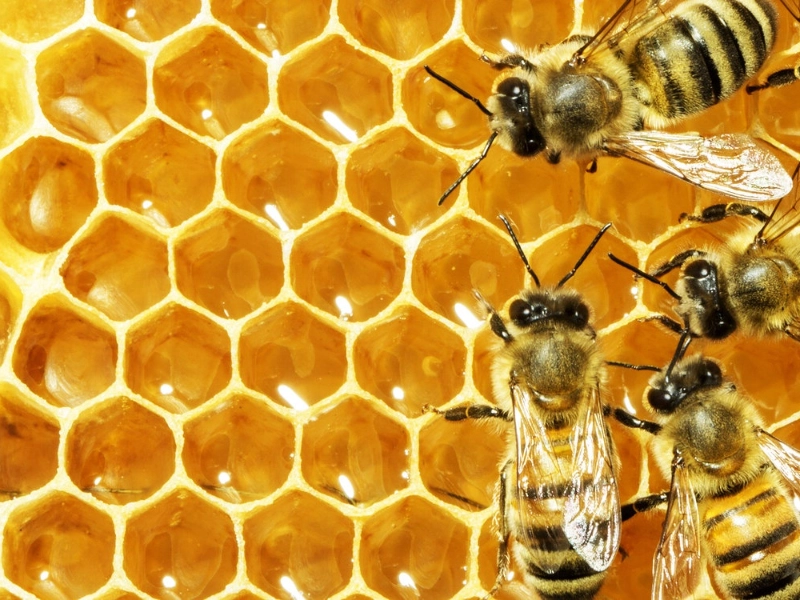
For coughing and sore throats, honey has long been a comfortingly healing agent. Its natural sweetness makes it a palatable choice for both children and adults, and its thick consistency coats the throat, thereby relieving of inflammation. To help with coughing, many conventional medicine techniques advise combining honey with warm water or herbal drinks. Honey is a popular choice for individuals looking for natural substitutes since studies have revealed it to be as successful as some over-the-counter cough drugs.
4. Digestive Health Benefits

Honey has been known in traditional medicine for its benefits on digestive health. It's thought to help with digestion and ease stomach problems. As a prebiotic, honey helps beneficial gut bacteria flourish—a necessary condition of a healthy digestive system. Honey has also been used to calm stomach problems including gastritis and dyspnoea. Regular honey intake can help to preserve a balanced gut flora, so supporting general digestive health.
5. Skin Care and Wound Healing
Traditional medicine makes use of honey for wound healing and skincare as well. Its inherent humectant qualities enable moisture retention, so it is a great component for skin hydration. Made-from- scratch face masks and ointments frequently feature honey to help to maintain a good complexion. Moreover, its anti-inflammatory and antibacterial qualities help to treat acne and other skin disorders. Honey not only helps stop infection but also stimulates tissue regeneration, thereby accelerating the healing process on cuts.
6. Immune System Support
Support of the immune system has always come from honey. Its great antioxidant value aids in the fight against oxidative stress and inflammation connected to several chronic disorders. Many civilisations include honey in their diets since they think it will strengthen the body's own defences against infections. Herbal treatments may mix honey with other immune-boosting components, such ginger or garlic, to make strong combinations that support general health and well-being.
7. Energy Booster
Honey is also acknowledged as a natural energy booster in conventional medicine. Its great carbohydrate count—mostly from fructose and glucose—offers a rapid source of energy. Honey is a natural energy source used frequently by athletes and active people either before or during physical exercise. Among those looking for a natural energy source, honey is a preferred choice since it helps restore glycogen supplies and increase endurance.
8. Allergies and Respiratory Health
Traditional medicine has made use of honey to enhance respiratory health and ease allergic symptoms. Particularly local honey is said to expose the body to minute levels of local allergens, hence boosting immunity to pollen. Considered to be immunotherapy, this technique is supposed to gradually lessen allergic reaction intensity. Honey is also a great natural cure since its relaxing qualities help ease symptoms of respiratory diseases including bronchitis and asthma.
9. Culinary Uses and Medicinal Benefits
Honey's adaptability reaches beyond its medical uses to include cooking. Many classic recipes call for honey not only for taste but also for its health advantages. Honey is a natural sweetener used in many civilisations, therefore improving the nutritional value of foods. Honey's dual function as both a food and a medicine emphasises its importance in ancient customs where it is appreciated for its capacity to nourish the body and advance health.
10. Summary of Honey's Role in Traditional Medicine
Traditional medicine makes great use of honey, which has several different health advantages. Honey has been a beloved natural cure throughout history for its antibacterial qualities and calming effects on sore throats as well as for digestive health and immune function. Honey is still a mainstay in both traditional and modern medicine, praised for its ability to heal and nourish as scientific research keeps confirming its therapeutic qualities. Including honey in your daily regimen offers a great approach to honour its long past in conventional treatment techniques and enjoy its several health advantages.


